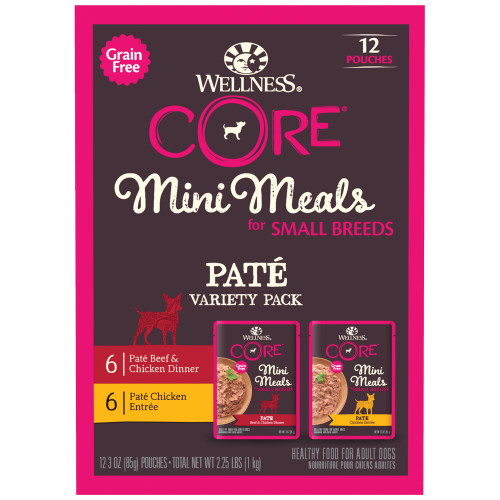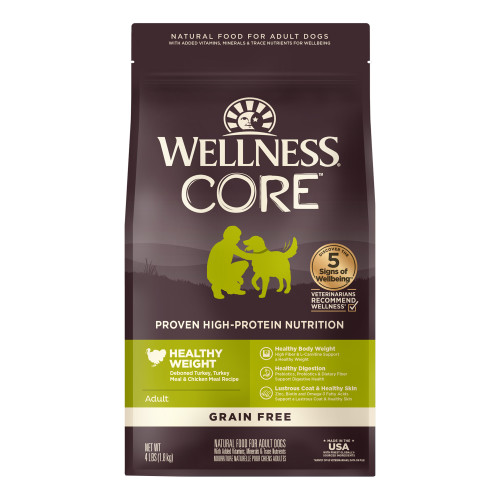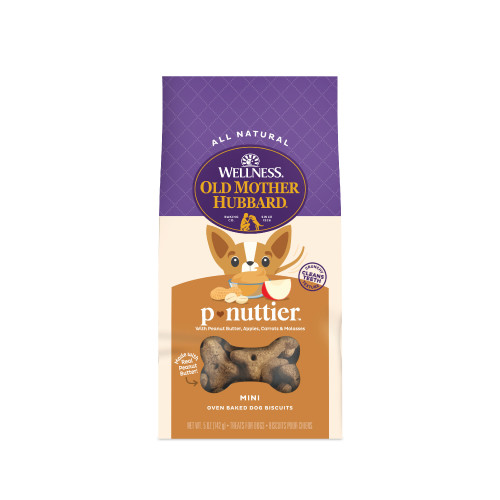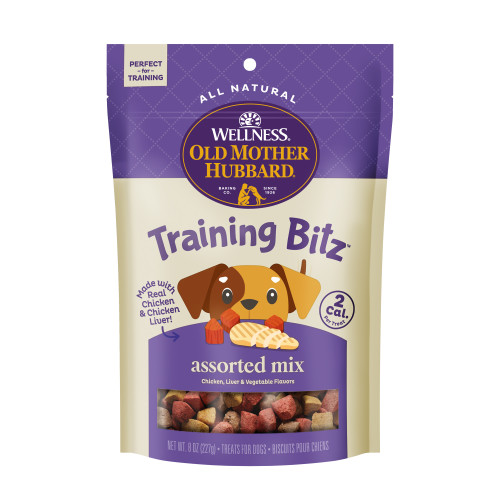May 17, 2022
The Pros and Cons of a Vegetarian Dog Food Diet
Considering feeding a vegetarian diet to your dog or wanting the choice of providing them with their version of meatless Monday dinner plans? Vegetarianism has become increasingly popular in the human food world in the past 20 years, while historically, pet parents have been cautious to entertain a vegetarian option for their dog. But today, carefully balanced and scientifically proven plant-based options are becoming more readily available, making the importance of understanding what they are all about so key for pet parents.
What is a vegetarian dog food diet?
Vegetarian dog foods are crafted to contain no meat protein ingredients. Instead, they are designed with an abundance of plant-based ingredients such as legumes or potatoes and potentially other animal-based products, such as protein-rich eggs. While dogs, in general, can be classified as an omnivore (meaning they can do well living meat-free) it is especially important to ensure that when it comes to vegetarian recipes that they are carefully balanced by animal nutritionists and veterinarians to deliver the correct proportions of nutrients. To deliver the protein-rich nutrition that a dog needs, in addition to the potential inclusion of whole eggs, plant-based dog foods will often use legumes or potatoes as the main protein source which contain rich sources of protein as well as dietary fiber for digestive health and an abundance of vitamins and minerals for wellbeing.
What are the pros and cons of a vegetarian dog food diet?
PROS:
- With ample research and careful preparation of meals, it is possible to get dogs all the nutrients they need without the inclusion of meat. For dogs with particularly sensitive stomachs or serious allergies, a vegetarian or vegan diet crafted by animal nutritionists and veterinarians can support them.
- For those who are more environmentally conscious or have a personal predisposition to meatless nutrition, plant-based diets may appeal to more pet parents. In fact, research conducted by Wellness Pet Company revealed that 58% of Millennial and Gen Z pet parents agree they like the idea of pet food made with an alternative, more sustainable protein. And while for some, the decision to feed plant-based may be a daily desire, for others, simply adding a plant-based offering into their dog’s kibble variety may be an easy and appealing way to start a long-term flexitarian approach to how they feed their dog.
CONS:
- While the ingredients from which a dog receives their nutrition can be changed and adapted for many reasons, the nutrient requirements that those ingredients deliver are quite fixed when it comes to promoting a dog’s wellbeing and health. It is for this reason that veterinarians caution the home-cooking preparation of a plant-based diet and always recommend that pet parents find a brand that is not only crafted by animal nutritionists but one that has also undergone long-term feeding studies for safety. Imbalances in the essential nutrients that a dog receives may result in severe health concerns.
- What’s good for your dog doesn’t mean it’s good for your cat. Cats have unique nutritional needs compared to that of dogs and are in fact classified as a true carnivore, meaning they must receive meat in their diet. It is for this reason that the plant-based diets available today are only for dogs and not suitable or recommended for cats.
What to consider with a vegetarian dog food diet
Pet parents always want the very best for their pet, so when it comes to choosing a plant-based diet, here are some things to consider:
- Ensure the plant-based food you choose to feed your dog is formulated by animal nutritionists & veterinarians from a company with a heritage of trust and food safety. A quick call to their consumer services department should give you the clarification you need.
- Look only for complete & balanced nutrition. This is your way of knowing the recipe is perfectly balanced in accordance with the AAFCO requirements for the health and wellbeing of your dog.
- Superior plant-based diets may go the extra step in ensuring your confidence in their food safety with long-term feeding studies. These are seen as the gold standard way of knowing any recipe is scientifically proven to promote health, safety, and wellbeing.
- Delivering mealtime excitement is no less important for dogs eating a plant-based diet. Look for new plant-based Wellness CORE Bowl Boosters, or consider grating some fresh carrot on top or adding a few fresh fruits like blueberries or sliced apple to their meal. This helps result in not just exceptional nutrition but also empty bowls.
Introducing Wellness CORE Digestive Health Plant-Based Dry Dog Food:
As more pet parents become interested in serving up a plant-based diets to their dogs, Wellness is excited to introduce our first plant-based scientifically proven pet food recipe. Wellness CORE® Digestive Health Plant-Based kibble is a complete and balanced meatless dog food with added whole eggs and crafted to also contain prebiotics and probiotics for digestive health, antioxidant rich vitamins for your dog’s immune systems, omega fatty acids for skin and coat and carefully balanced nutrients for whole-body health. Wellness CORE® Immune Health Bowl Boosters® are a plant-based topper that allows pet parents to supplement their dog’s food with an extra boost of flavor to help dogs stay healthy and active in the long-term.







